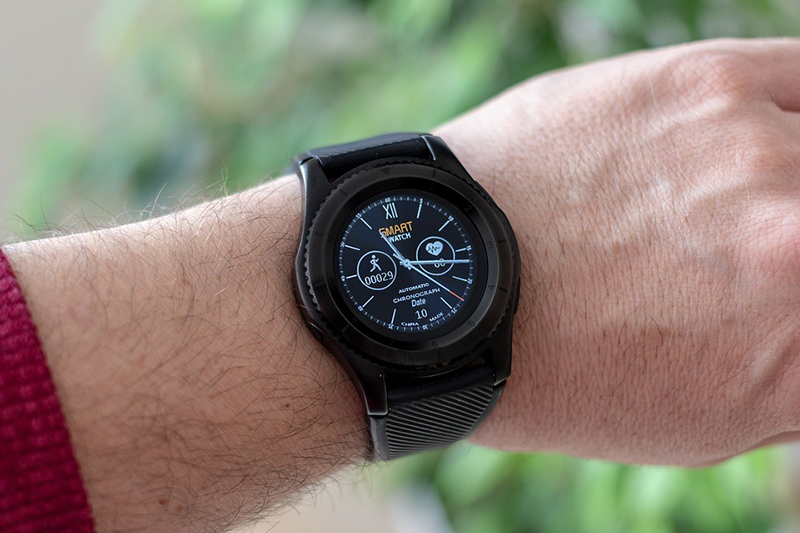Wearable devices have been touted by the media as the next big thing since Google glass was launched in 2013. Since Fitbit’s sales 174% to $745 million in 2014 and the next year, the company decided to go public.
Today, it’s hard to find someone walking down the street and not wearing a fitness tracking wearable device. According to research published by PLOS Medicine, at least one in six American consumers use either a smartwatch or a fitness band.
Read more How Data Breach is Inevitable in Wearable Devices
Employers have joined the race as well, with 35% of companies including wearables as part of their wellness programs.
In addition to smartwatches and fitness trackers, several companies are using smartglasses, especially in the manufacturing industry. Truck drivers are being equipped with smart caps that monitor driver fatigue.
Since wearable devices collect and process large amounts of sensitive personal data, they raise a wide range of privacy issues such as identity theft, discrimination or even stalking.
The companies, while they want employees to use wearable devices for productivity or health reasons, they first must minimize their legal risks by having legitimate business reasons for requiring its use.
Legal risks of using wearable tech in the workplace include loss of privacy, wage and hour violations, and Americans with Disabilities Act (ADA) claims. These risks may be overridden by business interests, such as ensuring that employees are fit for work and are aware of safety risks.

The wearable devices used by employees are certainly intriguing, but employers must be careful about making employees use wearable devices that record certain employee data.
Read more Majority of Manufacturing Facilities Will Adopt Wearable Technology in 5 Years
Smartglasses also can be used to invade an employee’s privacy, as Google Glass is able to capture real-time facial images and video, and search and/or post data on that person.
In addition, some companies have started using wearable devices that have applications to track productivity and have mechanisms that document how employees are spending their time, notes Trina Fairley Barlow, an attorney with Crowell & Moring in Washington, D.C. “Such information may be critical in a wage and hour employment matter, as well as in an employee termination or disciplinary matter,” she said.
The Americans with Disabilities Act (ADA) bars employers from performing medical tests on employees unless these tests are job related and consistent with business necessity. And while a routine medical exam collects data about an employee’s physical or mental health, many fitness trackers can record activity levels as well as heart rate and blood pressure. It’s possible that these collections could be considered medical exams under the ADA, reports Insight on Business.
It should be noted that some state laws prohibit the use of mobile tracking devices to track any individual, but these laws usually allow exceptions for situations in which the individual agrees to be tracked. In these states, policies and/or agreements alerting employees are especially important.









